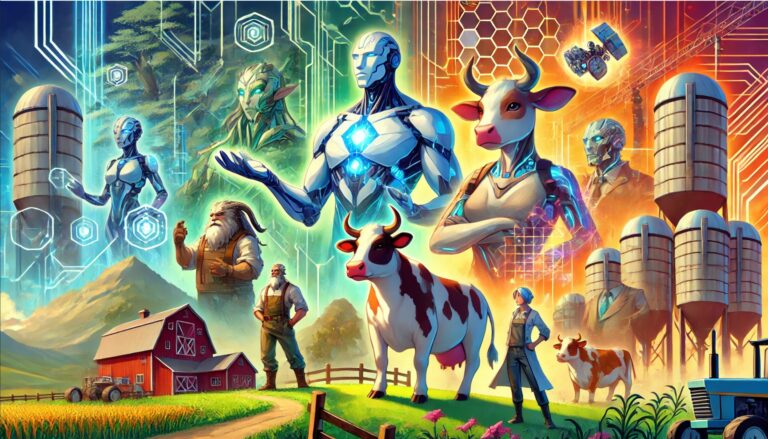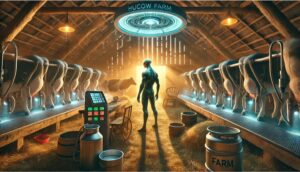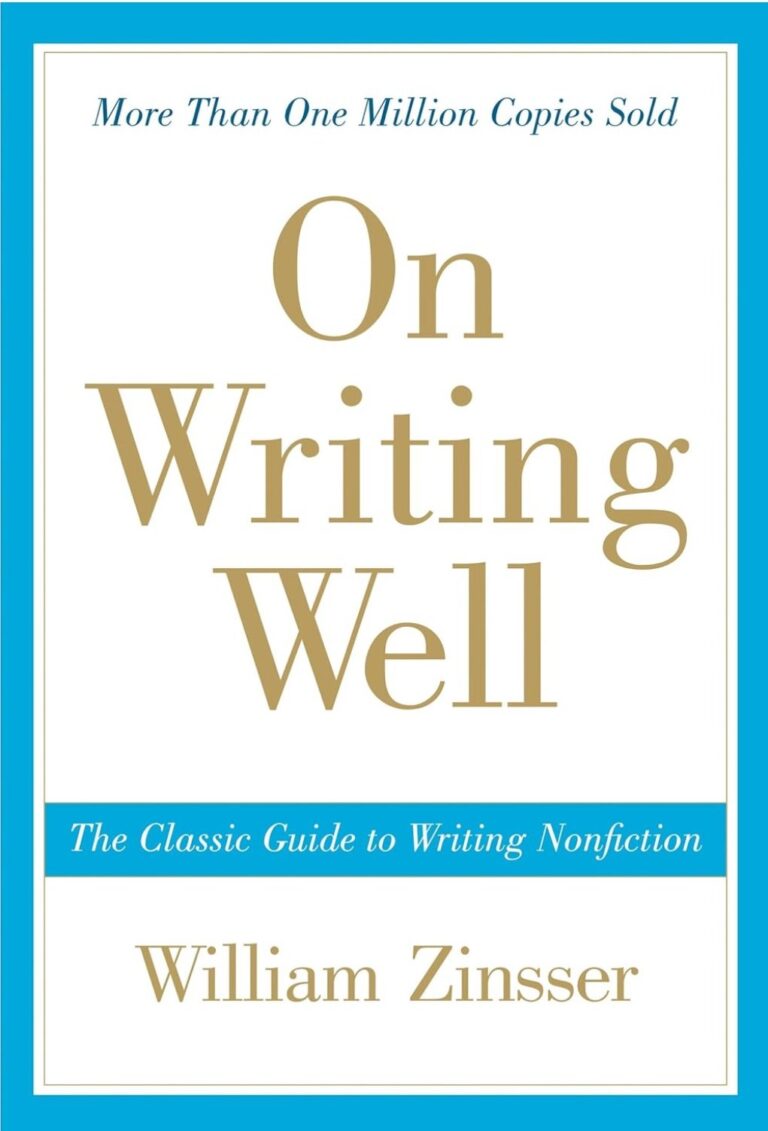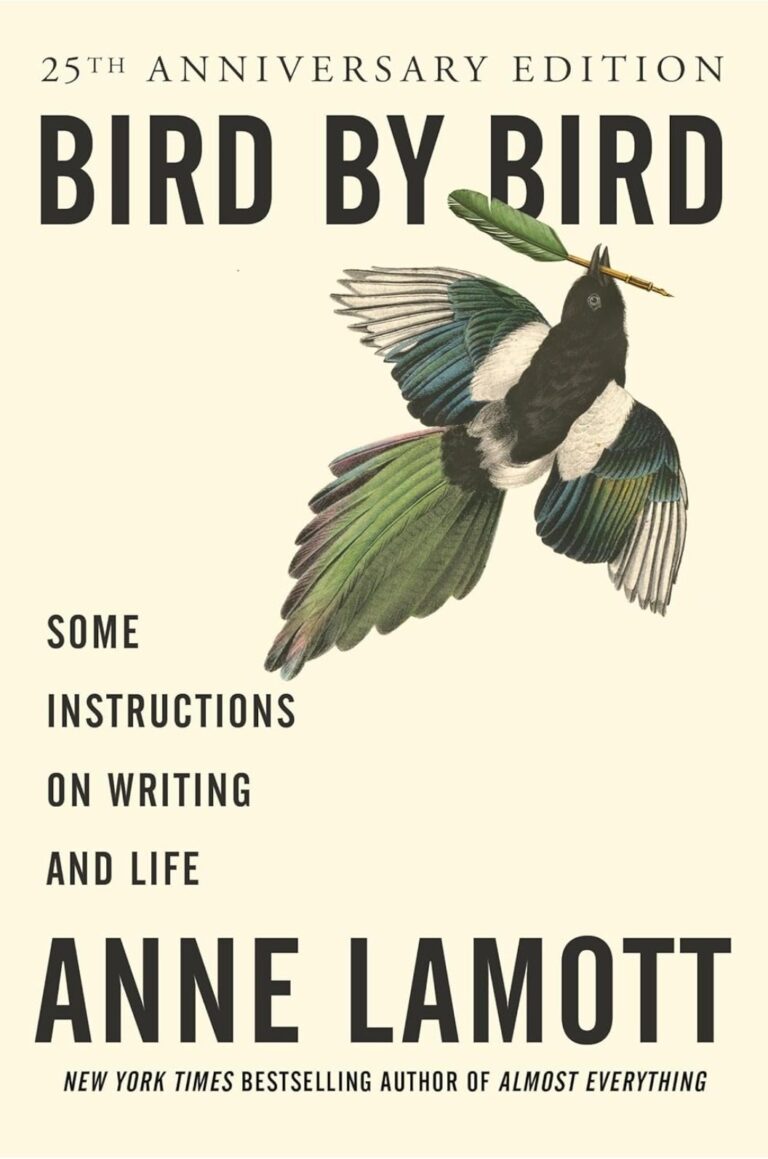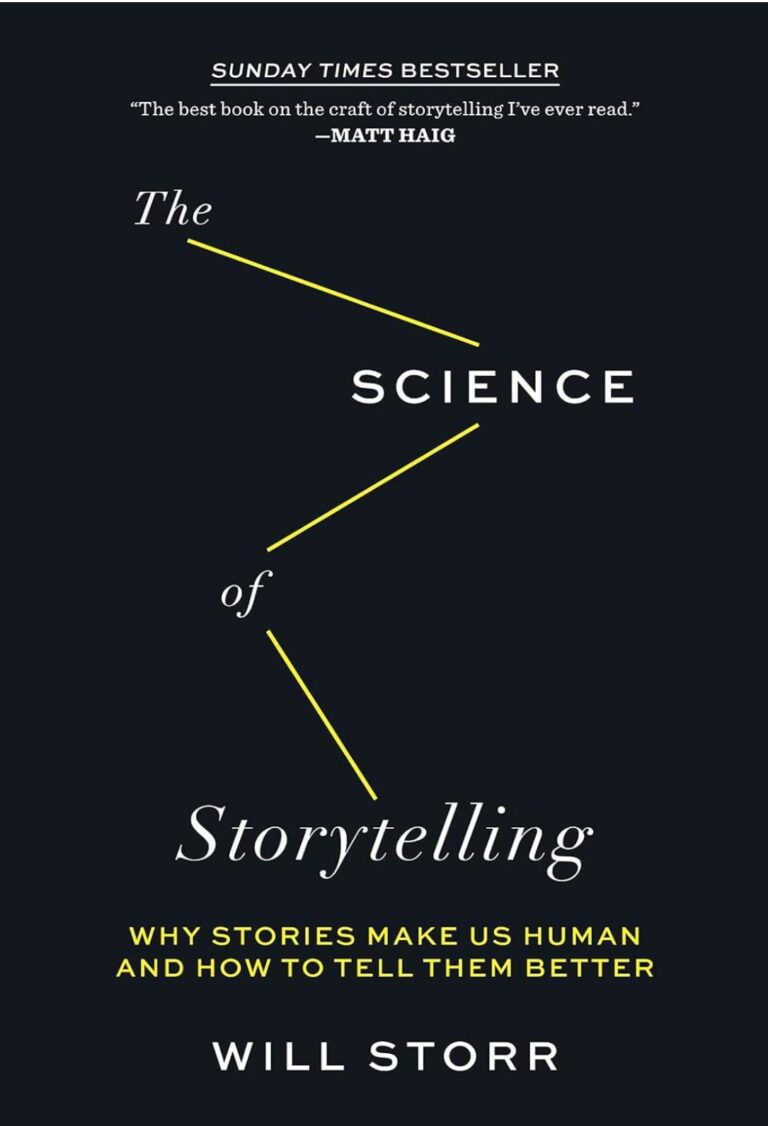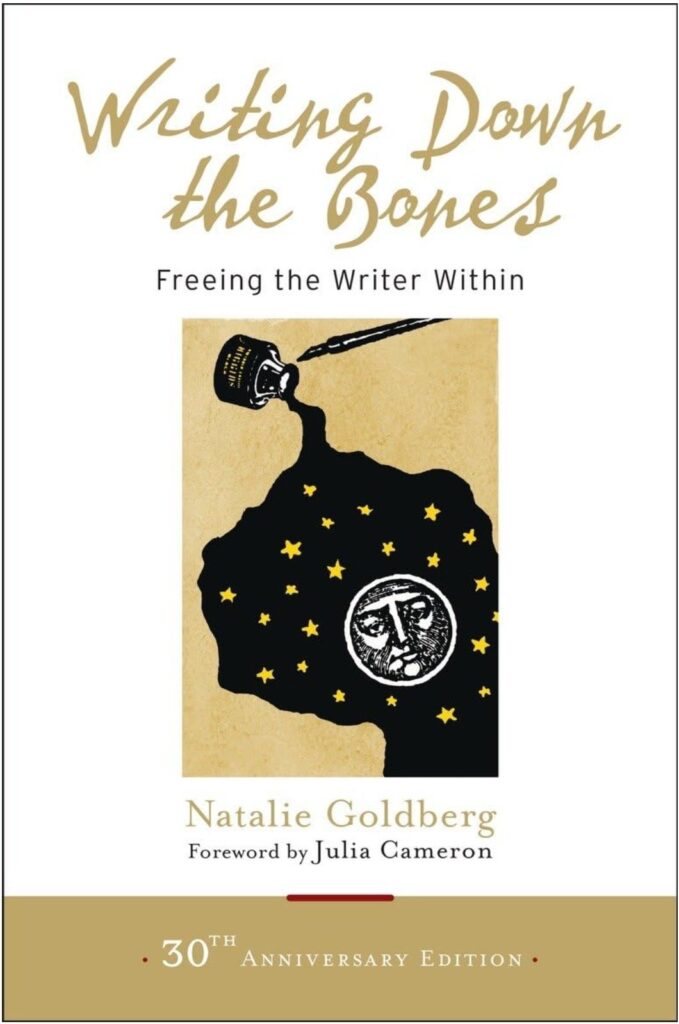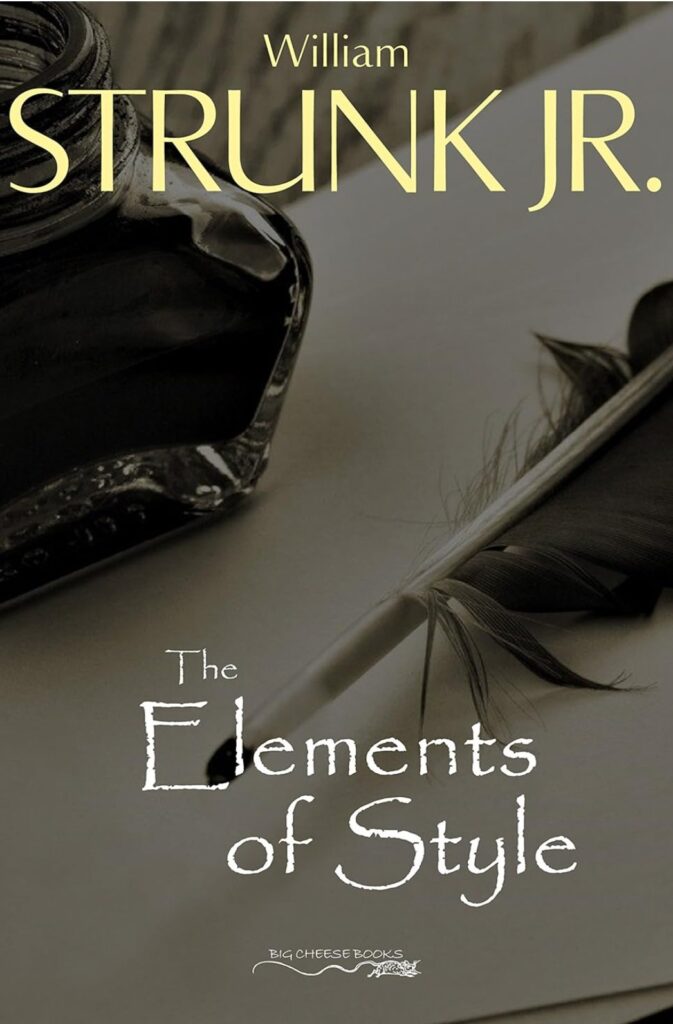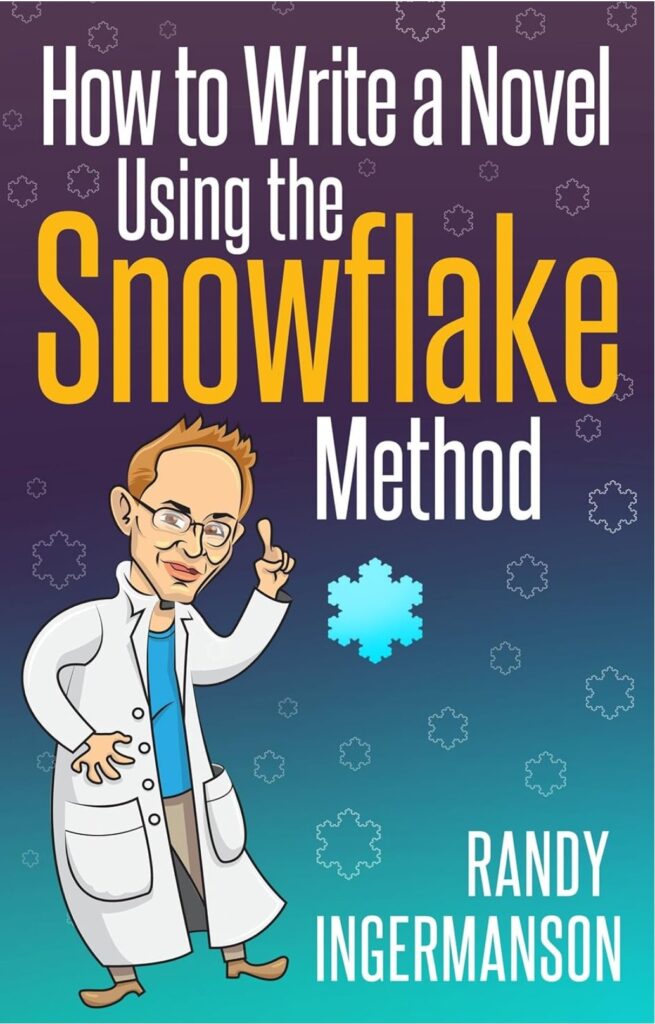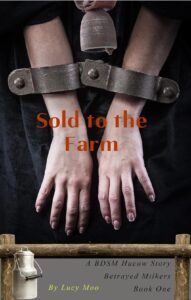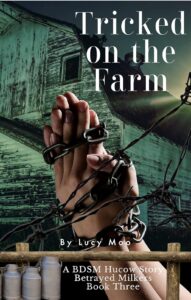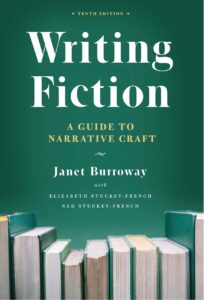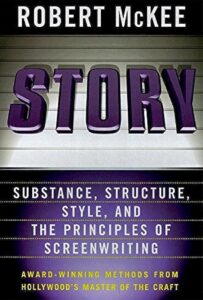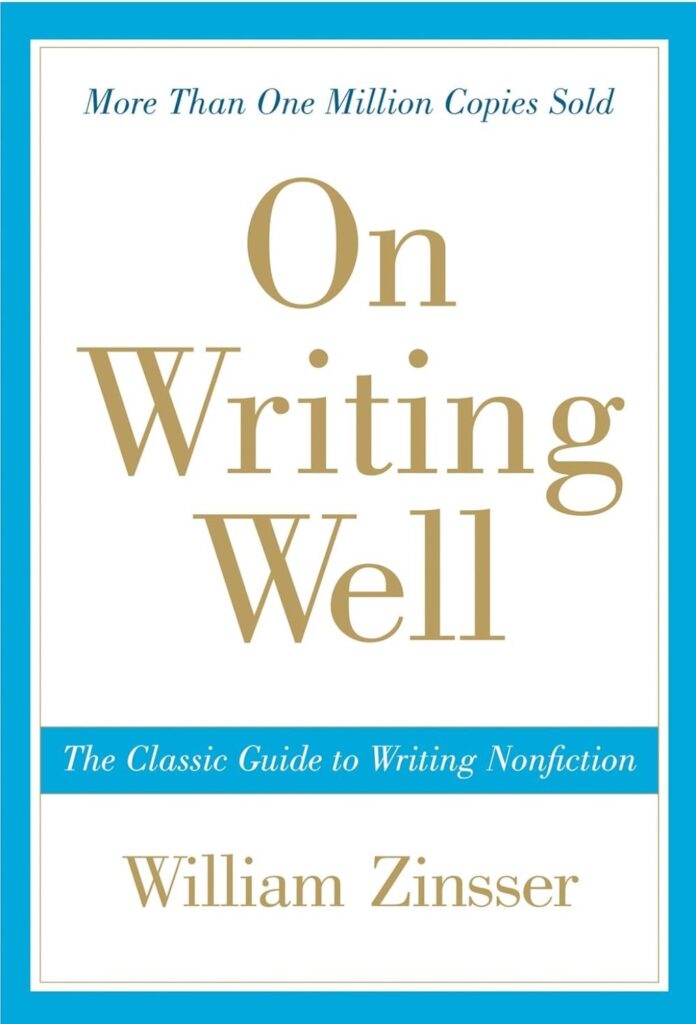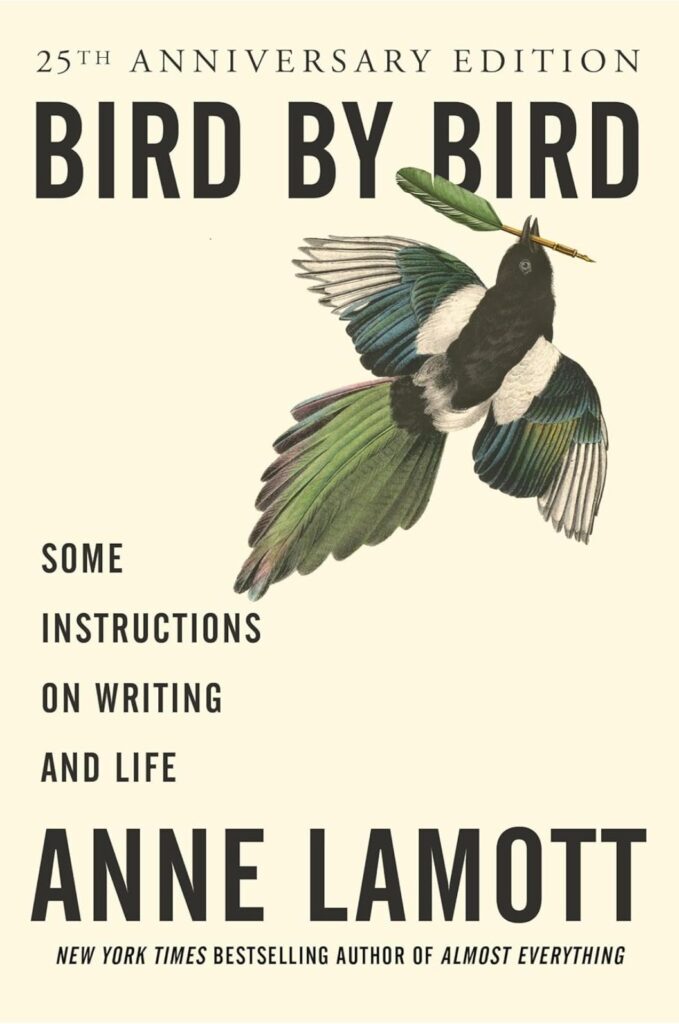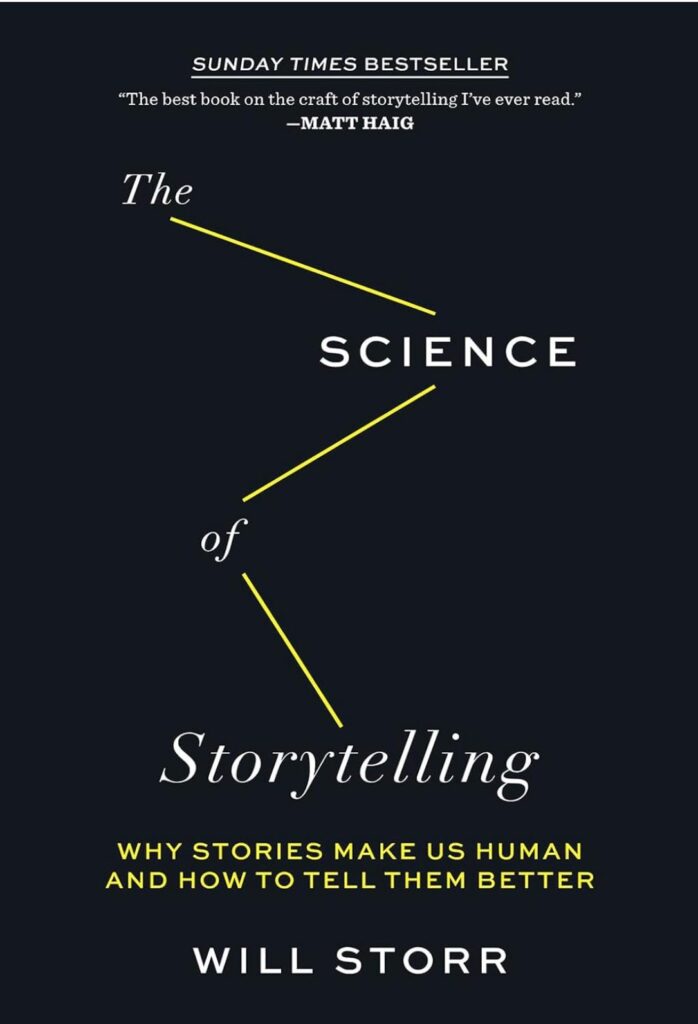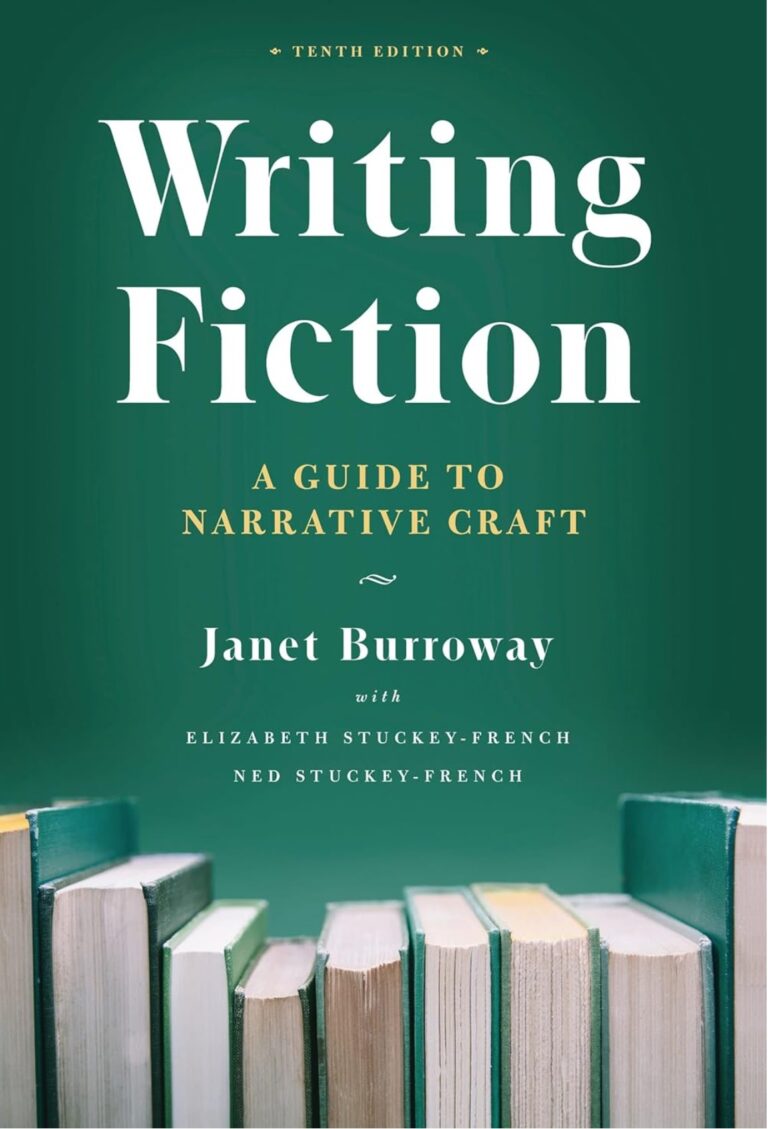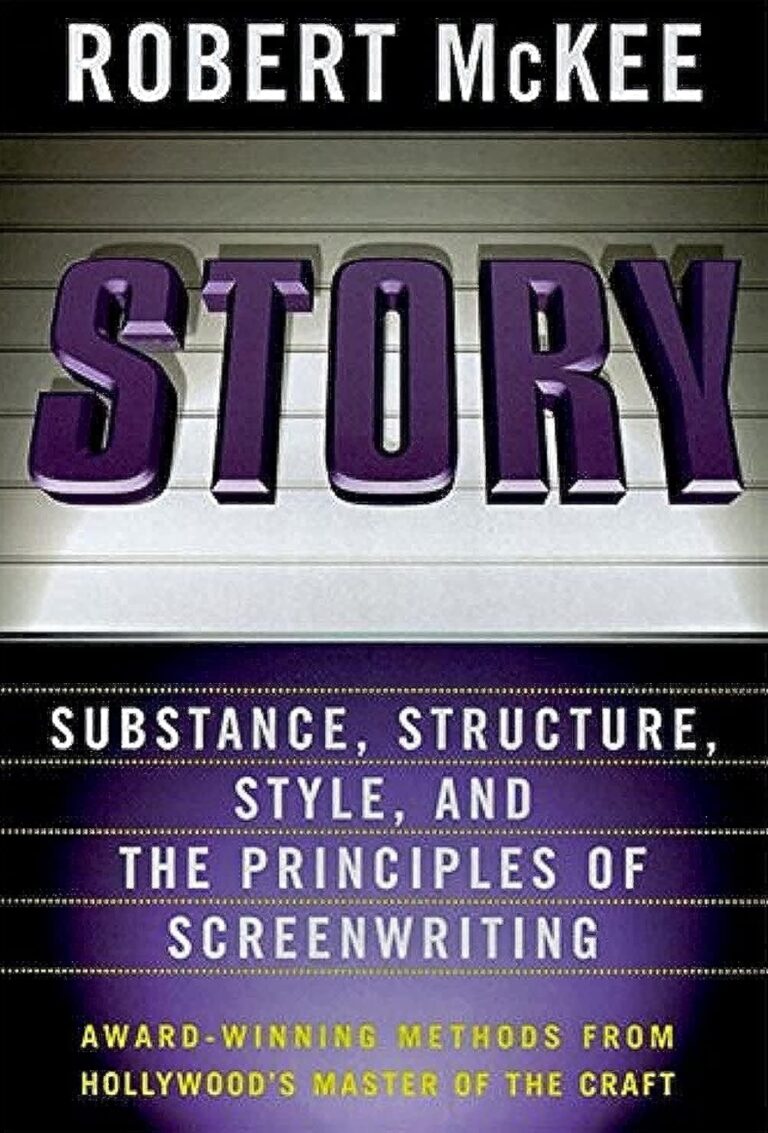When writing a Hucow story, it’s easy to focus on the heroine and the alpha male. They are, after all, at the center of the narrative. But supporting characters can add layers of depth, richness, and complexity to your story that go beyond the main romance. These characters don’t just fill in the gaps—they enhance the world you’re building, offer additional perspectives, and can even help drive the heroine’s transformation.
I’ve found that crafting well-rounded supporting characters can elevate a Hucow story from good to great. Whether they are fellow Hucows, mentors, rivals, or farm staff, each character serves a purpose in the plot. Let’s talk about how to effectively use these characters to add emotional complexity, reinforce power dynamics, and make your Hucow world feel more immersive.
Table of Contents
ToggleThe Role of Supporting Characters in Hucow Stories
Supporting characters are essential in any story, but in the Hucow genre, they can help establish the tone, reinforce key themes like transformation, and provide balance between the emotional highs and lows of the main plot. These characters can reflect different aspects of the heroine’s journey or challenge her growth in unexpected ways.
Enhancing the Heroine’s Journey
One of the most important roles of supporting characters is to highlight and complement the heroine’s journey. In many Hucow stories, the heroine is experiencing a transformation, whether it’s through milking, breeding, or other power dynamics at play.
Supporting characters can act as mirrors to her journey, showing different stages of transformation or offering contrasting perspectives on what it means to embrace or resist this new identity.
For example, in one of my stories, a secondary character, another Hucow who has already embraced her role, becomes a mentor to the heroine. She helps guide her through the initial discomfort, sharing her own experience with the transformation.
This mentor character not only provides practical advice, but she also serves as a living example of what it means to find empowerment in submission, offering the heroine a new perspective on her journey.
Creating Conflict and Tension
Supporting characters are also a great way to introduce conflict, both external and internal. A rival Hucow, for example, can serve as a foil to the heroine. Perhaps she’s more experienced or manipulative, creating tension between the two. This tension can push the heroine to examine her own feelings about the transformation or her relationship with the alpha male.
In one story, I introduced a jealous farmhand who secretly admired the alpha male and saw the heroine as a threat. Her subtle manipulations and hostility toward the heroine created friction that forced the heroine to confront her own insecurities.
This rivalry brought out new facets of the heroine’s personality, and ultimately, it made her final acceptance of her role as a Hucow even more powerful.
Types of Supporting Characters
Not all supporting characters serve the same purpose in a Hucow story. Let’s look at some common types and how they can be used to enhance the narrative.
Fellow Hucows
Other Hucows are natural supporting characters in this genre. They can serve as mentors, rivals, or even companions who make the heroine feel less alone during her transformation. These characters can be at various stages of their journey, which allows you to explore different perspectives on the Hucow experience.
The Mentor Hucow: This character has already gone through the transformation process and has embraced her role. She can guide the heroine, offering emotional support and practical advice on the milking or breeding processes. Her presence can be reassuring, helping the heroine feel like she’s not alone in her journey.
The Rival Hucow: In contrast, a rival Hucow can add tension and competition to the story. She may challenge the heroine for the alpha male’s attention or serve as a reminder of what the heroine fears she may become. This dynamic can push the heroine to reflect on her own feelings of insecurity or jealousy.
In one of my stories, I had a mentor Hucow who had completely accepted her role on the farm, providing comfort to the heroine when she felt lost. Their bond gave the heroine a sense of belonging, which helped ease her emotional transition into her new life.
Farm Staff or Overseers
The staff on the farm, or in some cases, aliens overseeing the transformation, can also play significant roles in shaping the heroine’s experience. These characters may either reinforce the power dynamics or serve as subtle allies, helping to reveal different aspects of the farm’s operation.
The Loyal Overseer: This character works closely with the alpha male, often carrying out his orders or enforcing the rules. They can be portrayed as cold and emotionless, adding to the heroine’s sense of isolation, or they can be more compassionate, creating a contrast with the alpha male’s dominance.
The Sympathetic Farmhand: In contrast, a sympathetic farmhand could offer moments of respite or comfort to the heroine. Perhaps they secretly help her or offer her emotional support, providing her with a sense of humanity in an otherwise overwhelming environment.
For example, you can write about a farmhand who would secretly leave small gifts for the heroine—a gesture that offers her comfort in her new and often terrifying world. This character need not have a major role, but those small moments of kindness will deepen the emotional layers of the story.
Rivals or Threats
Rival characters, whether they are other alpha males, jealous staff members, or external forces trying to disrupt the farm’s operations, can create additional layers of conflict in the story. These characters push the heroine to grow by forcing her to defend her newfound identity or connection with the alpha male.
The Jealous Rival: This character could be someone who is envious of the heroine’s relationship with the alpha male. Their attempts to sabotage the heroine create additional obstacles for her, making her journey toward acceptance more challenging.
The External Threat: An outside force, such as a rival alpha male or another farm, can introduce conflict that threatens the heroine’s stability. This can lead to moments where the heroine must step up and take an active role in defending herself or her new life.
In one of my stories, I introduced an external threat in the form of a rival alpha who tried to take over the farm. The heroine’s decision to defend her new life was a turning point in her emotional journey, showing her growing strength and willingness to fight for what she had come to embrace.
Balancing Supporting Characters with the Main Plot
One thing I’ve learned as a Hucow author is that supporting characters should always serve the main plot. They shouldn’t overwhelm or distract from the core relationship between the heroine and the alpha male, but they should add depth and complexity to the world you’re building.
Keep the Focus on the Heroine’s Journey
Supporting characters are there to enrich the heroine’s emotional journey. Whether they are offering guidance, creating conflict, or challenging her beliefs, their role should always tie back to the heroine’s growth. Make sure each character’s actions and dialogue push the heroine further along her path of transformation.
Weaving Supporting Characters into the Setting
Use the farm or futuristic setting to integrate these characters naturally into the story. Perhaps the staff is involved in running the milking machines, or the rival Hucow shares a space with the heroine during her breeding sessions. By weaving them into the physical environment, these characters feel like a natural extension of the world rather than isolated plot devices.
Final Thoughts
Enriching Your Hucow Story with Supporting Characters
Supporting characters might not take center stage, but their impact on your story can be profound. They bring additional layers of tension, emotion, and conflict that help shape the heroine’s transformation.
Whether they are mentors, rivals, or farm staff, these characters create opportunities for deeper connections, richer dialogue, and more complex power dynamics.
So next time you sit down to write a Hucow story, take a moment to think about how your supporting cast can enhance your narrative. Let them challenge, guide, and comfort your heroine in ways that make her journey more dynamic and emotionally satisfying for both you and your readers.
References and More Information
Below are some references you’ll find useful concerning supporting characters in hucow stories.
How to Write Supporting Characters by Reedsy
This guide offers practical tips on creating compelling supporting characters that enhance the main narrative, which is crucial for Hucow stories. This reference also helps you understand the role of supporting characters in shaping the main plot and deepening emotional arcs in your story.Creating Conflict with Secondary Characters by Writer’s Digest
This article provides insights on how secondary characters can introduce tension and conflict, essential for adding emotional complexity in Hucow stories, driving the heroine’s growth.Building Character Arcs for Supporting Characters by Now Novel
This post covers how to develop supporting characters with meaningful arcs, helping you add depth to even minor roles in your Hucow stories.

